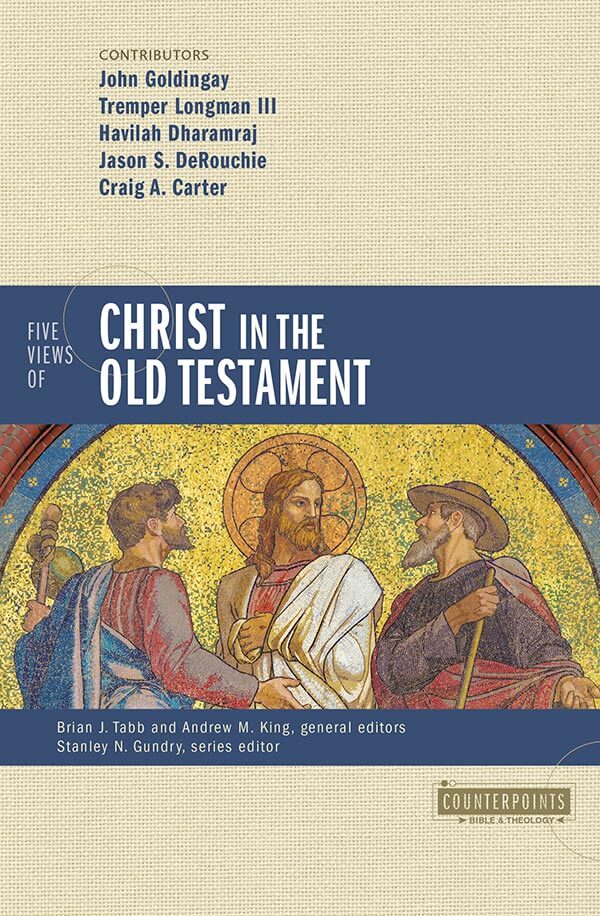
As the first in a series of articles that capture the leisure reading of Concordia Seminary faculty and how even leisure reading offers opportunity for theological reflection, this article seems a bit unfair as I reflect upon an overtly theological book. Five Views of Christ in the Old Testament—the title speaks for itself. And then there are the five theologians who articulate the various views—John Goldingay, Tremper Longman III, Havilah Dharamraj, Jason DeRouchie, and Craig Carter—a list that includes giants in the field of Old Testament theology. While I will commend this book as an excellent primer on a weighty and significant topic, I will honor the focus of this series by not offering a summary of the five views (I will let my students and colleagues surmise which views I would find more convincing after they have read the book). Instead, I will commend the tenor of the book’s discussion.
That there are stark disagreements between the five authors is to be expected given they are contending for differing views of how to understand Christ’s presence in the Old Testament. How they handle their disagreements is a breath of fresh air as they avoid two errors. First, they do not downplay their differences as if they were trivial and insignificant. Each author contends for their position with tenacity and clarity. The structure of the book serves well to guard against minimizing the differences. In a given chapter of the book one scholar articulates and demonstrates one view of Christ in the Old Testament. Then the four other scholars reply individually, noting what they find helpful about that view but also critiquing the view presented. Following those critiques, a rejoinder is offered in which the scholar responds to the other four to further defend and clarify the view. Within this dialogue, none backs down from his position. None takes the outlook of “you do you.” Each respects the gravity of the topic and thus they refuse to treat the views as equivalent options on a theological smorgasbord.
Second, their disagreements do not descend into disrespectful banter. There are no ad hominem attacks. They do not articulate their disagreements in secondary or tertiary topics by claiming that the opposing view is driven some other nefarious matter. They stay on topic. The benefit to the reader cannot be overstated. You are left to consider the merit of each view and the challenge of the opposing views. No distractions from the substance of the topic at hand. Not only is the book a primer on Christ in the Old Testament, but it is also a primer on healthy discourse. In an age that calls us to label those of differing positions as phobic or simply an enemy, it is refreshing to hear strong disagreements set forth civilly and respectfully. Even more tragic is that the tenor of this age has infected the church. How blessed we would be to engage our differences in the same manner. Instead of talking about each other, talk to each other. Instead of downplaying differences, acknowledge the gravity of what is at stake. Instead of placing a bullseye on another’s reputation, focus on the issue at hand.



Leave a Reply
You must be logged in to post a comment.